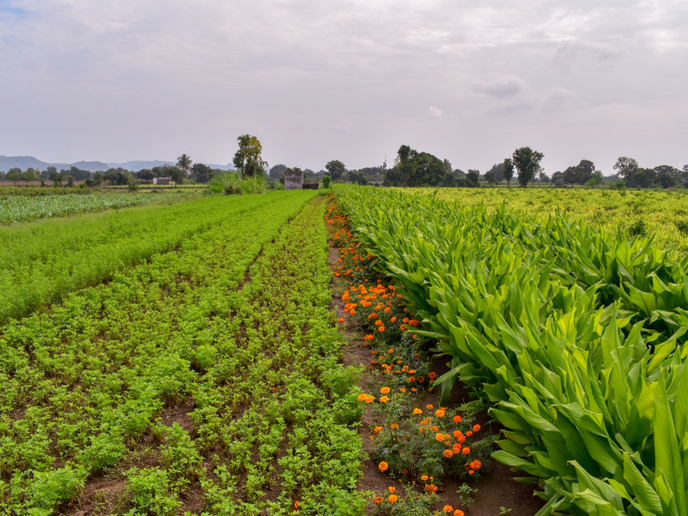How variety can be the spice of life for EU farms
The industrialisation of agriculture, with the corresponding focus on ever greater economic efficiency, has driven farmers to focus on an ever smaller variety of crops that rely on the intensive use of external inputs. Crop production is often characterised by short rotations, or monocultures, which are still perceived as cheaper and more efficient than the more ecological alternatives. However, these lead to a high incidence of pests and diseases, greater pollution and soil erosion, and loss of soil fertility and biodiversity, together with a higher vulnerability to unforeseen events related to climate or markets. The goal of the EU-funded DiverIMPACTS (Diversification through Rotation, Intercropping, Multiple Cropping, Promoted with Actors and value-Chains towards Sustainability) project is to achieve the full potential of diversification of cropping systems. An intelligent application of diverse cropping can deliver a raft of benefits, including a reduction in the use of fertilisers and pesticides, greater food security and a reliable supply of agricultural products for feed, energy and industrial uses, coupled with a greater provision of ecosystem services, and an increased efficiency of energy and resource use. DiverIMPACTS is supporting these goals by assessing the performance of crop diversification schemes such as rotation, intercropping and multiple cropping in 10 field experiments held in Belgium, France, Germany, Italy, the Netherlands, Sweden, and Switzerland. The project, coordinated by the National Research Institute for Agriculture, Food and Environment in France, also provides 25 multi-actor case studies with key enablers and innovations that remove existing barriers and help deliver the benefits of crop diversification at a farm, value chain and territory level. Gathering together farmers and farmer organisations, advisory services, cooperatives, logistic providers, scientists, industry, and representatives of civil society in a multi-actor approach, the project also makes recommendations to policymakers on how to facilitate the coordination of all relevant actors within the value chain. It is scheduled to conclude in May 2022.
Keywords
DiverIMPACTS, crop, farmer, diversification, monoculture, rotation, ecosystem



